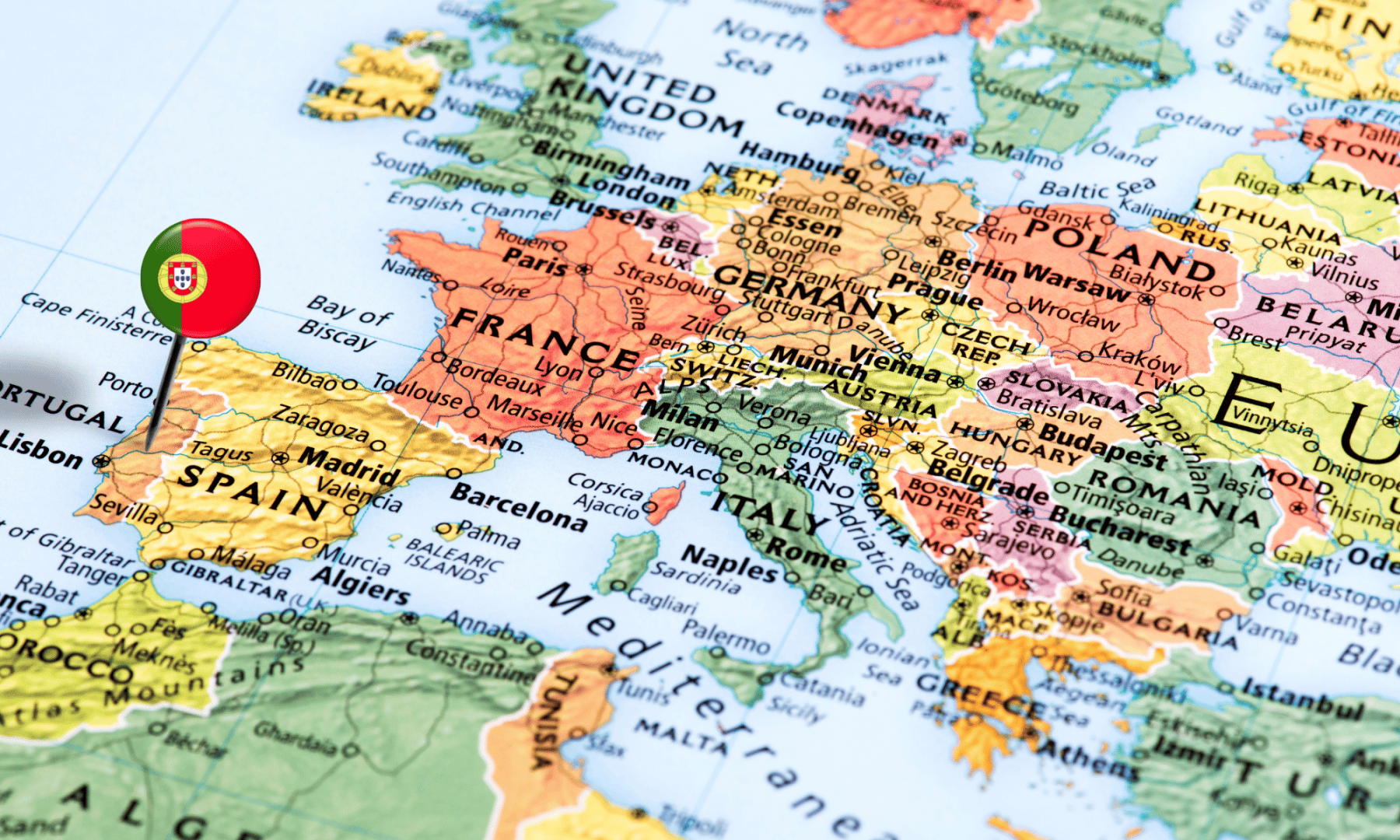Portugal has long attracted expatriates looking for warmer climes, good food and a relaxing pace of life; but in recent years, the wide range of entry visas and attractive tax breaks for new residents have seen Portugal’s popularity soar.
With standard tax rates ranging from 14.5% to 53%, Portugal can either be crippling or a tax haven depending on how and where you structure your wealth.
New residents
Portugal introduced the Non-Habitual Residence (NHR) scheme in 2009 and made updates in 2020. It offers new residents to the country the potential for very low (or no) tax on pensions, capital gains and certain types of income for 10 years.
The greatest draws for expatriates are the favourable taxation of pension income: 10% for post-31st March 2020 NHRs (0% for pre), 0% tax on foreign dividend income and a 20% income tax rate on earned income for those working in Portugal in jobs deemed as ‘highly valued’ by the Portuguese government.
Another opportunity is for those with investment property portfolios. NHR can exempt capital gains tax in Portugal, which under normal circumstances would otherwise be taxed at progressive rates.
Existing residents
For those without NHR, Portugal can still be a tax-efficient home depending on how you structure your income and savings sources. With the correct planning and structuring, you can legitimately create a tax-favourable position and in some cases, single-digit rates of tax, which means that Portugal can still be more favourable than most individual’s home countries.


